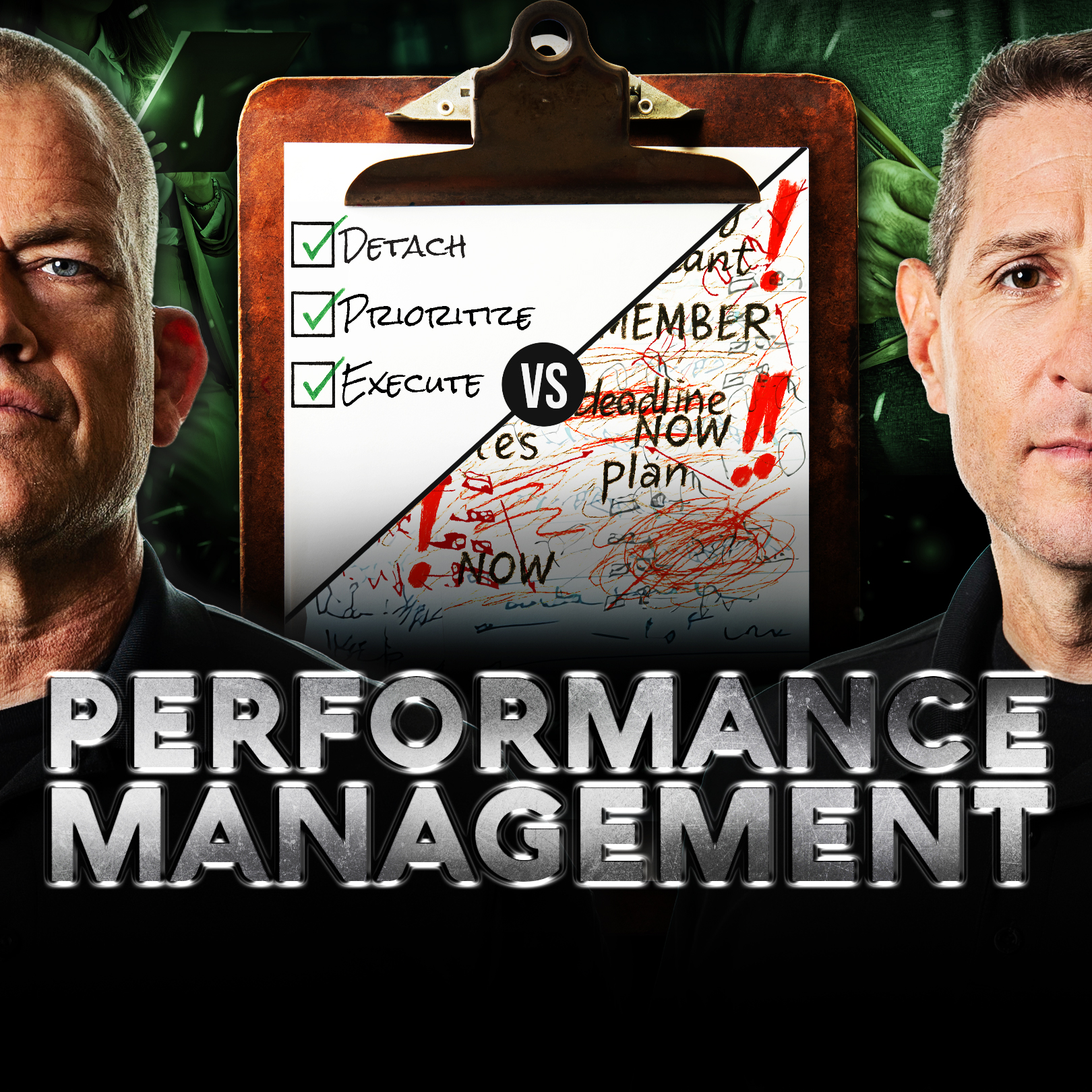Powered by RedCircle
“What makes a good SEAL?” Jocko asked a group of leaders at one of Echelon Front’s Field Training Exercises. Having worked closely with Jocko since 2005, I often know the answer to the questions he poses. But I wasn’t exactly sure which direction he was going with this one.
“It’s not the best shooter, or the best diver, or the best jumper, or the best in any other skillset required in the SEAL Teams,” Jocko explained. “The best SEAL is the person that puts the team before themselves.”
As soon as I heard Jocko’s answer, I knew that was exactly right. I worked with SEALs who were highly skilled individuals in particular skillsets. But if they didn’t put the team first—if they only looked out for themselves—they were not the ones hand-selected for a critical mission. The SEALs that put self-interest ahead of the team or the mission never achieved the respect and admiration of their peers. But the SEALs who put the team first were highly respected, and admired among their peers, as well as by their chain of command.
A Good Team Member Puts the Team Before Themselves.
It’s the same in any organization. The best team members are the ones that put the team and the mission ahead of themselves. They actively seek to help others, provide assistance, share resources, pass on lessons learned, and dedicate time and energy to supporting the team, even where it strays beyond their assigned roles and responsibilities. That’s what makes a good teammate, a good employee, a good team member.
They don’t seek recognition. A good team member wants the team to win more than they want to win themselves. Being a part of a winning team is their goal. They don’t seek credit for themselves. Instead, they relish giving credit to others.
Such team members often achieve greater success and recognition in the long run than others who focus on gaining immediate recognition for their own contributions. This is because a good team member is far more valuable in helping the team win.
They win when the team wins. To understand the first Law of Combat: Cover and Move, is to understand that it’s not about you. It’s about the mission. If the team fails, everybody fails. But when the team wins, everybody wins. The most valuable members of the team are those who Cover and Move for others—who support the team and ensure the victory.
Real-World example:
“What do you do when your boss wants all the credit?” a leader asked. This leader was a frontline manager concerned that the recognition she felt she deserved was being given to her boss.
“Give them the credit,” I said. “Everybody already knows who is contributing and who isn’t. The best team members don’t seek recognition for their efforts. They simply help the team win. When the team wins, everybody wins.”
The frontline manager wasn’t fully convinced.
“What about bonuses and promotion opportunities? Won’t that hold me back if I don’t get the credit?” she asked.
“Who do you think people want to promote? The person who seeks immediate recognition for their effort? Or the person who gets the job done, helps the team win, and doesn’t care who gets credit?” I asked.
She didn’t answer because she already knew the answer. The best team members are those who put the team and the mission first.
For Action:
Determine one area this week where you can put the team first. Seek to help another individual or team, even if it is outside your normal roles and responsibilities. Find ways to contribute your time and effort, vector resources, or provide support to someone else. Cover and Move. Put the team and the mission first.



